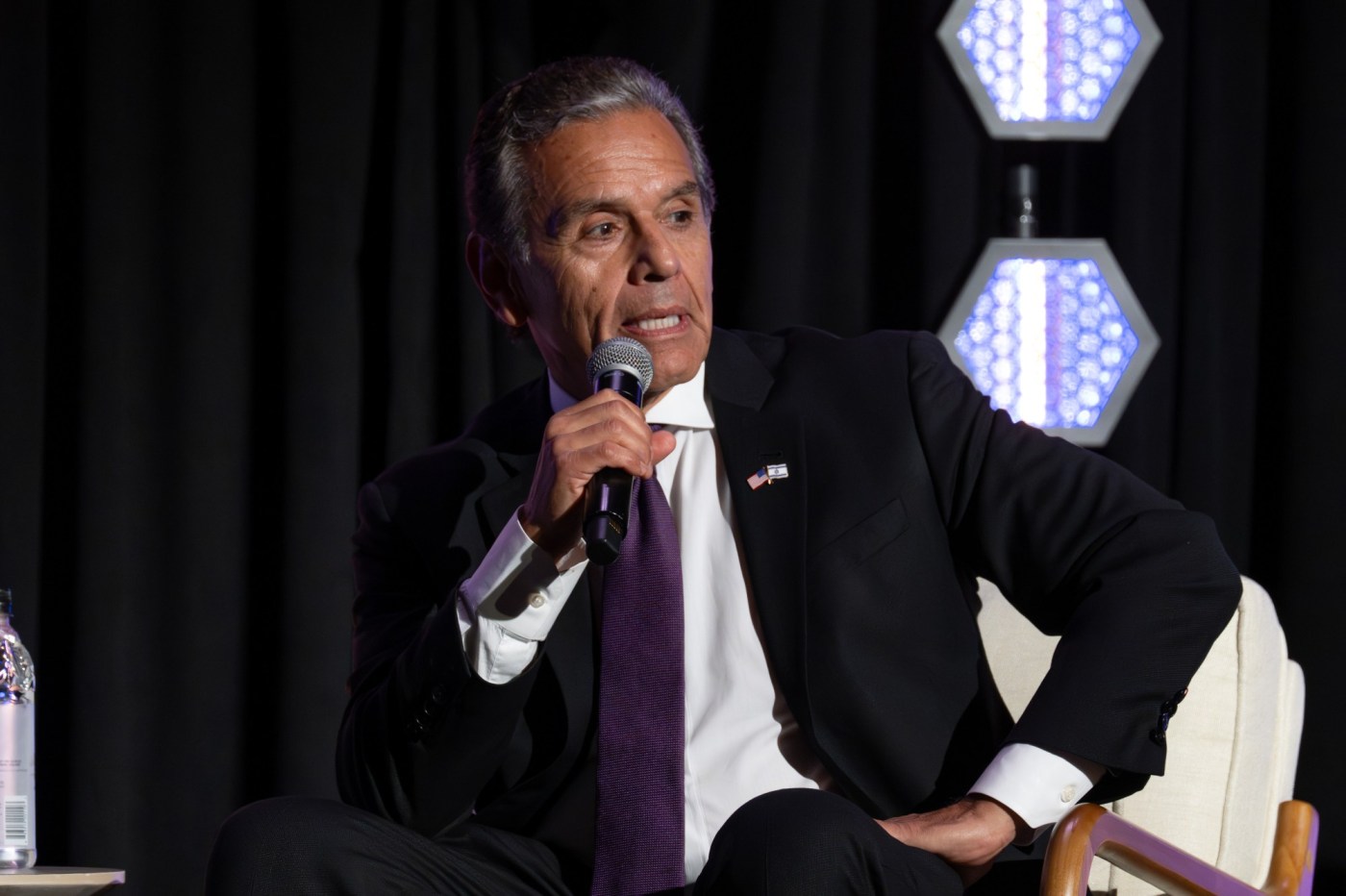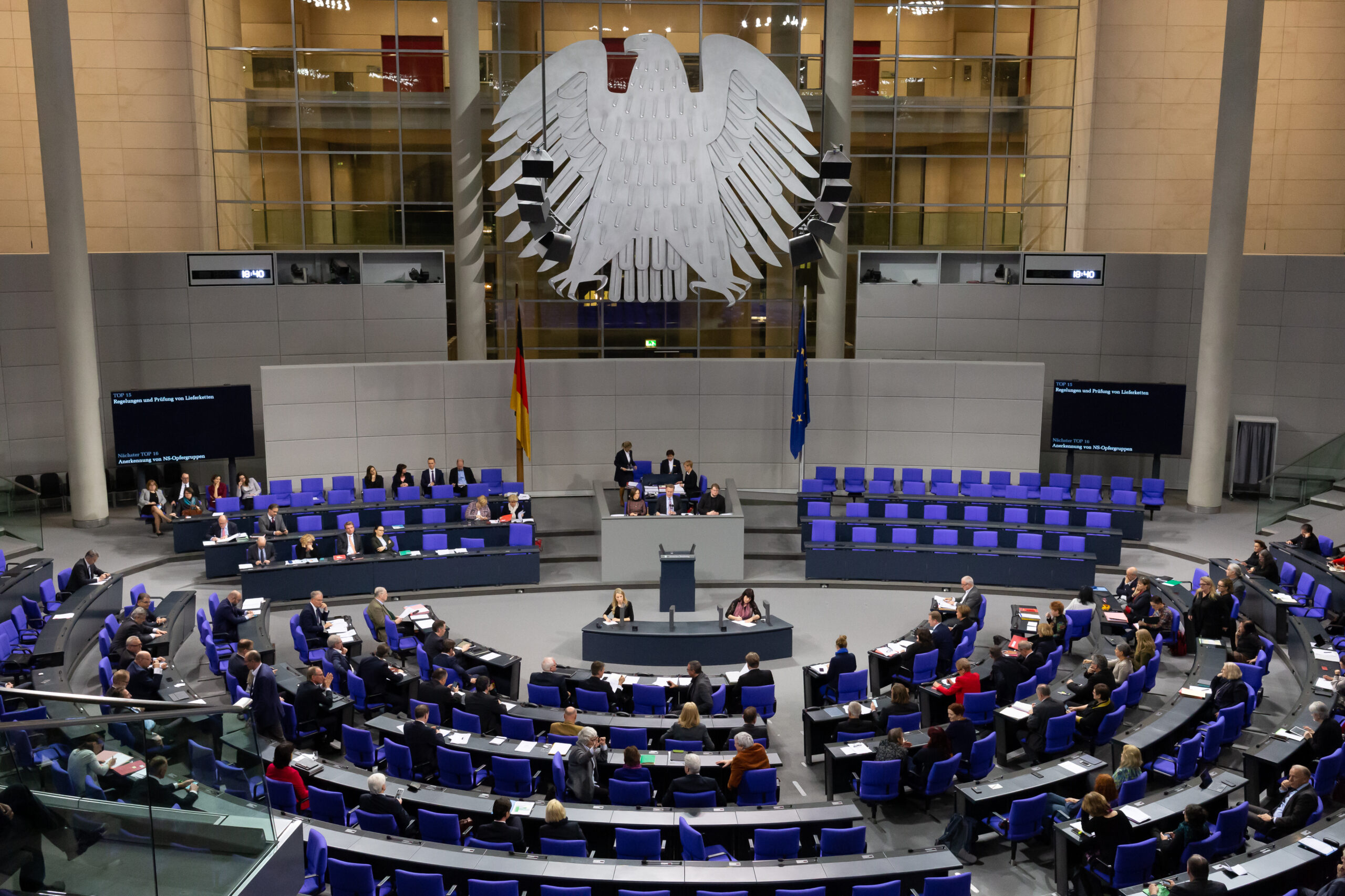The logo of the U.S. Department of Commerce is seen while U.S Commerce Secretary Lutnick hosts a meeting with Canadian Finance Minister Dominic LeBlanc and Ontario Premier Doug Ford, in Washington, D.C., U.S., March 13, 2025. REUTERS/Ken Cedeno/File Photo
The U.S. Commerce Department has initiated national security investigations into the importation of drones and drone components, as well as polysilicon and its derivatives, which are essential for manufacturing solar panels and semiconductors. This announcement was made on Monday by the department, highlighting the growing scrutiny over imports that may pose a risk to national security.
The investigations were formally opened by Commerce Secretary Howard Lutnick on July 1, 2023, under the provisions of Section 232 of the Trade Expansion Act of 1962. This section grants the president the authority to take action against imports deemed a threat to national security, allowing for a comprehensive review of the associated risks.
According to the Bureau of Industry and Security, the public will have 21 days to submit comments regarding these investigations. Following this period, Secretary Lutnick will have up to 270 days to present his findings to the president. The outcome of these probes could significantly impact the importation process for critical components in the technology and renewable energy sectors.
The focus on polysilicon is particularly noteworthy, as it plays a vital role in the production of solar panels, which are increasingly important in global efforts to transition to renewable energy sources. The semiconductor industry also relies heavily on these materials, underscoring their significance to both national security and economic stability.
As these investigations unfold, stakeholders from various sectors will be closely monitoring the developments. The implications of the findings could extend beyond national security, potentially influencing market dynamics and trade relationships with countries involved in the production of these technologies.
In light of these inquiries, it remains essential for businesses and consumers alike to stay informed about the evolving landscape of import regulations. The results of the probes may not only affect the availability of drones and polysilicon but could also shape the broader context of U.S. trade policy moving forward.





